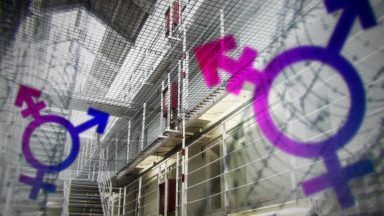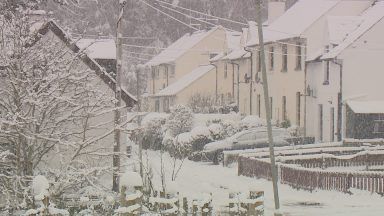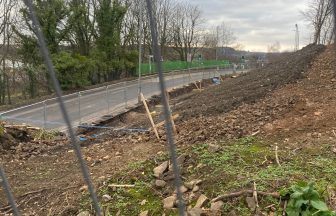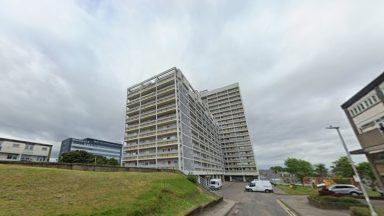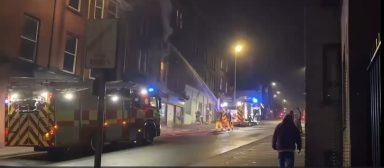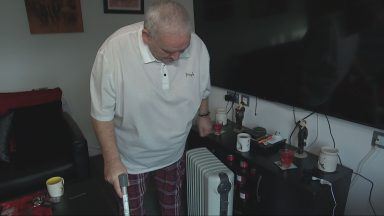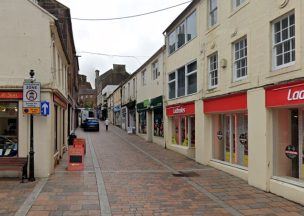Police across the UK dealt with more than 3,000 protests over three months this summer, amid what a senior officer called “a climate of increasing tension and polarity”.
Figures from the National Police Chiefs’ Council showed that there were 3,081 protests in June, July and August across England, Wales, Scotland and Northern Ireland.
This compares with 2,942 last summer, during a time of rioting, and 928 in 2023.
Recent months have been dominated by both mass protest action against the ban on Palestine Action, and demonstrations linked to the housing of asylum seekers in hotels.
Chairman of the NPCC Gavin Stephens warned that figures in leadership positions should make sure they avoid sowing division in what they say publicly.
“It’s clear to all of us that we can see more community tension and more division. And I think we all have a responsibility, policing included, to set the tone,” he said.
“I think we all want to live in places where we can be safe and where we feel safe, and I think everybody has a responsibility in that regard.”
He added: “Anybody in a leadership position should think about how we can reduce and diffuse tensions and not sow division.”
While last summer’s widespread disorder was acute, protests this year were more of a “chronic pressure” for police, he said.
Mr Stephens told reporters: “This is not talking about the volume of protest, and this is not a commentary from policing on people’s right to protest peacefully.
“We absolutely support that in a democracy, but we do know that there is a climate of increasing tension and polarity in what we’re seeing.”
However, he dismissed claims that the country is on the verge of civil disobedience as “exaggerated”, saying communities will find their own way to reunite and “reset”.
Law-breaking during protests means police officers are pulled away from other duties in their communities, he told the PA news agency.
“It’s important for people to know that the colleagues that are drawn in to deal with that criminality are not extra resources.
“They’re resources that are coming from local communities.
“So for us to keep communities safe, we need those tensions to remain low, for people not to resort to criminality in making their point.”
He added: “By and large, the protests have been peaceful, but we have seen, particularly in recent weeks, those protests being infiltrated by people who are just intent on criminal behaviour, on significant disorder and on stoking community tensions and division.
“Everybody has a right to be safe and to feel safe. That’s what policing is there for.
“And we would just urge everybody, whatever the cause and protest activity there is, to do so peacefully, to not break the law and not to do so in a way that creates fear and intimidation for others.”
Policing leaders are pushing for major reform of the structure of forces in England and Wales and how they are funded.
A Government white paper on potential changes to the service is expected to be published in the coming months.
Mr Stephens said: “We’re asking too much of the people in infrastructure that we can that we currently have.”
Service leaders want to bring more powers to a national level rather than with local forces, changes to how decisions are made across the 43 forces, a review of which police capabilities should be national, and an overhaul of how funding is calculated for each force.
Follow STV News on WhatsApp
Scan the QR code on your mobile device for all the latest news from around the country


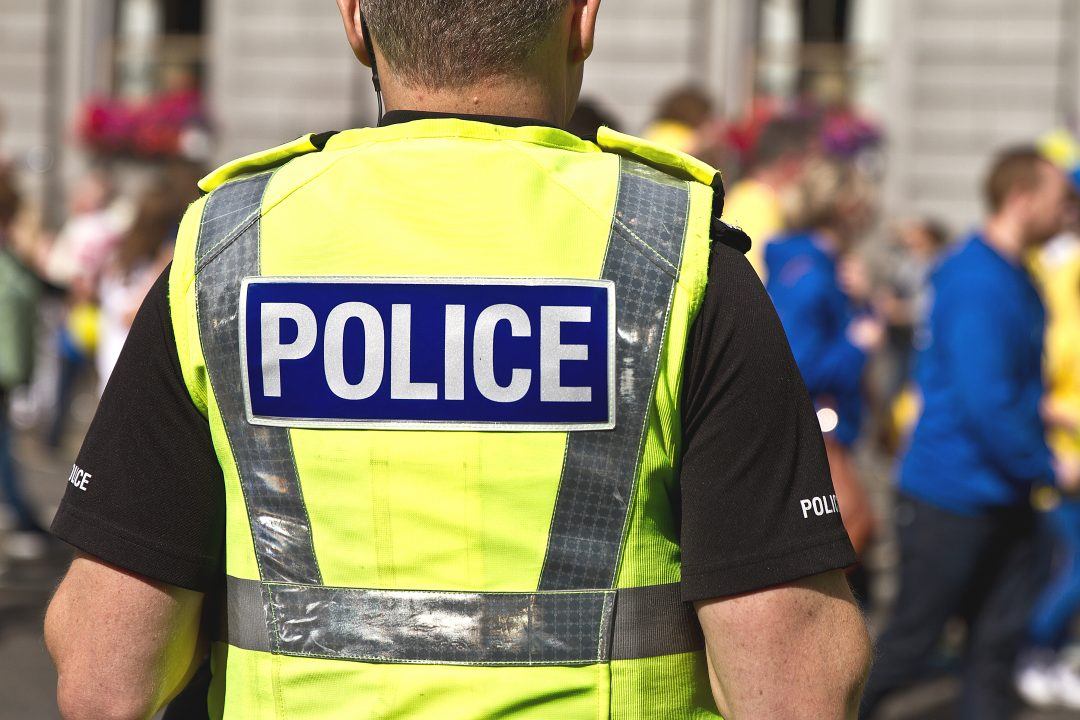 Adobe Stock
Adobe Stock

